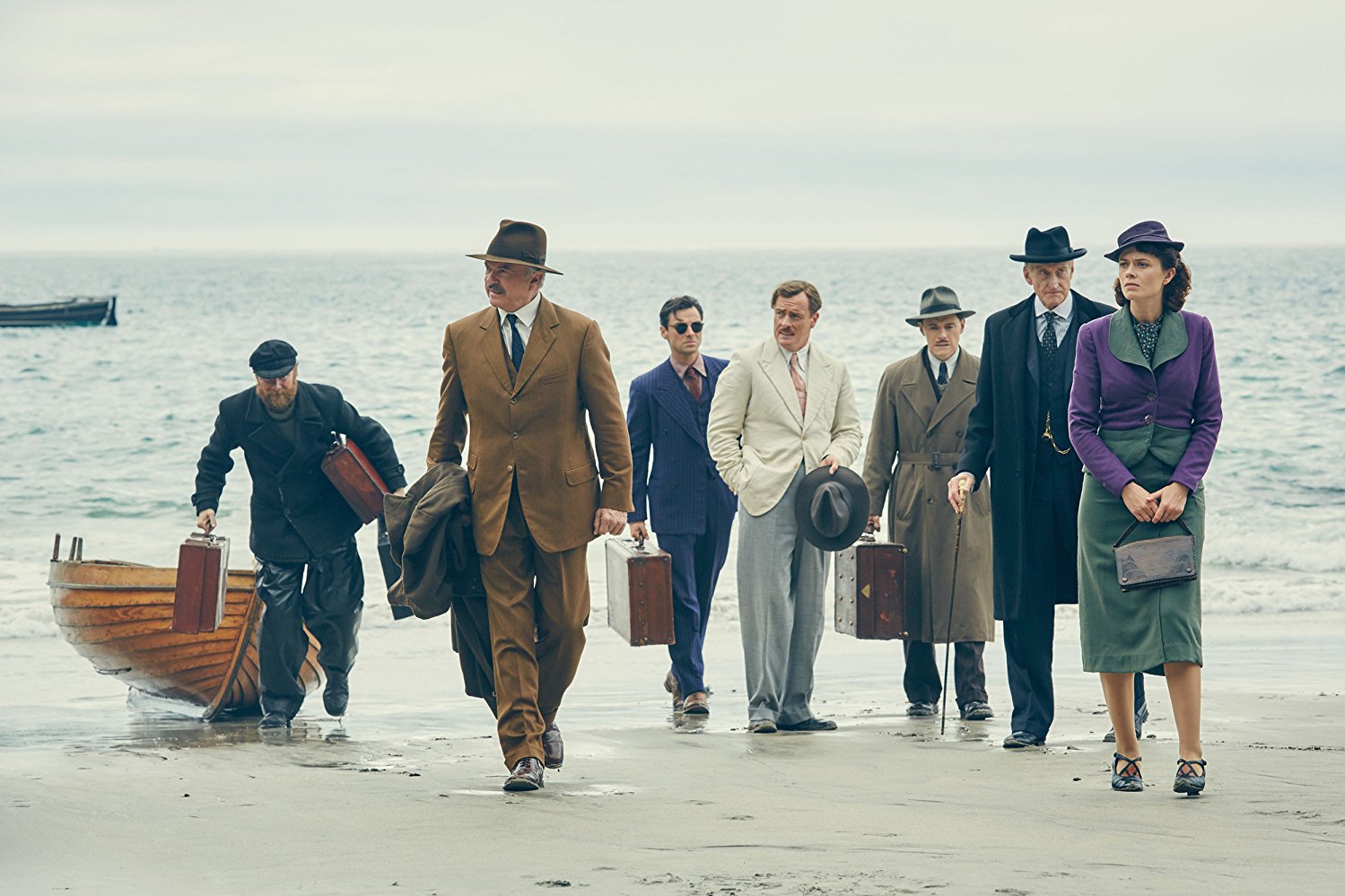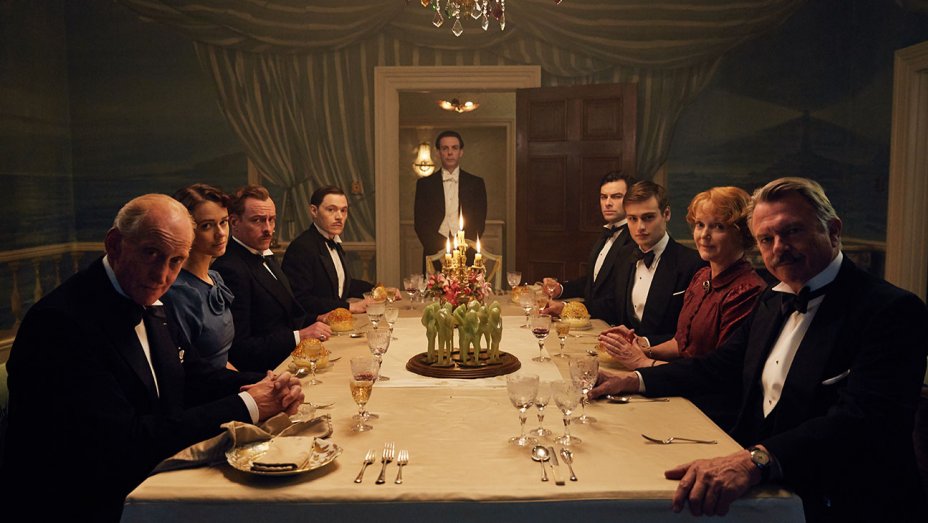(NOTE: This biography is based on the 1945 version of the film; variations in subsequent versions of the film are noted in parenthesis. Also, information given in the novel has been used to flesh out the biography, unless such information directly contradicts information given in the film.)William Henry Blore is born of Cockney parents and raised i...
Show more »
(NOTE: This biography is based on the 1945 version of the film; variations in subsequent versions of the film are noted in parenthesis. Also, information given in the novel has been used to flesh out the biography, unless such information directly contradicts information given in the film.)William Henry Blore is born of Cockney parents and raised in the rough East End of London. After finishing secondary school, he joins the London police force and eventually rises to the rank of Inspector (the British equivalent of an American police detective).(one subsequent version of the film makes Blore a German rather than British; however, his backstory--a lower-middle-class police officer--is probably the same)Some ten years before the film opens, one of London's largest banks, London and Commercial, is robbed by a criminal organization, the Purcell Gang. James Stephen Landor is arrested and charged with the robbery (it is never made clear whether Landor is an employee of the bank or a minor operative of the gang; given that he is described as a delicate man , the former is probable). Blore, the Inspector assigned to the case, accepts a bribe from the Purcell Gang to perjure himself at Landor's trial. Landor is found guilty and is sentenced to ten years' hard labor, and Blore is promoted and commended on his able handling of the case. Landor dies in prison a year later.Blore eventually retires from the police force and opens a private inquiry agency based in London. He builds a very respectable (in all senses of the word) business and does very well for himself. Thus, he is unsuspicious when he receives a commission (complete with a large money order as a retainer) from a Mister Owen, asking him to attend a house party and to prevent a prospective theft of Mrs. Owen's jewelry. Blore accepts the commission, but soon realizes his mistake, as Mr. Owen accuses each guest present of murder--specifically naming Landor--and proceeds to murder them one by one.(in the novel, Blore adopts the persona of a South African colonial--at the time, South Africa was a colony of Great Britain--named Davis to aid in his investigation, but is soon found out by Lombard and the judge. None of the English-language film versions use this subplot.)
Show less «




